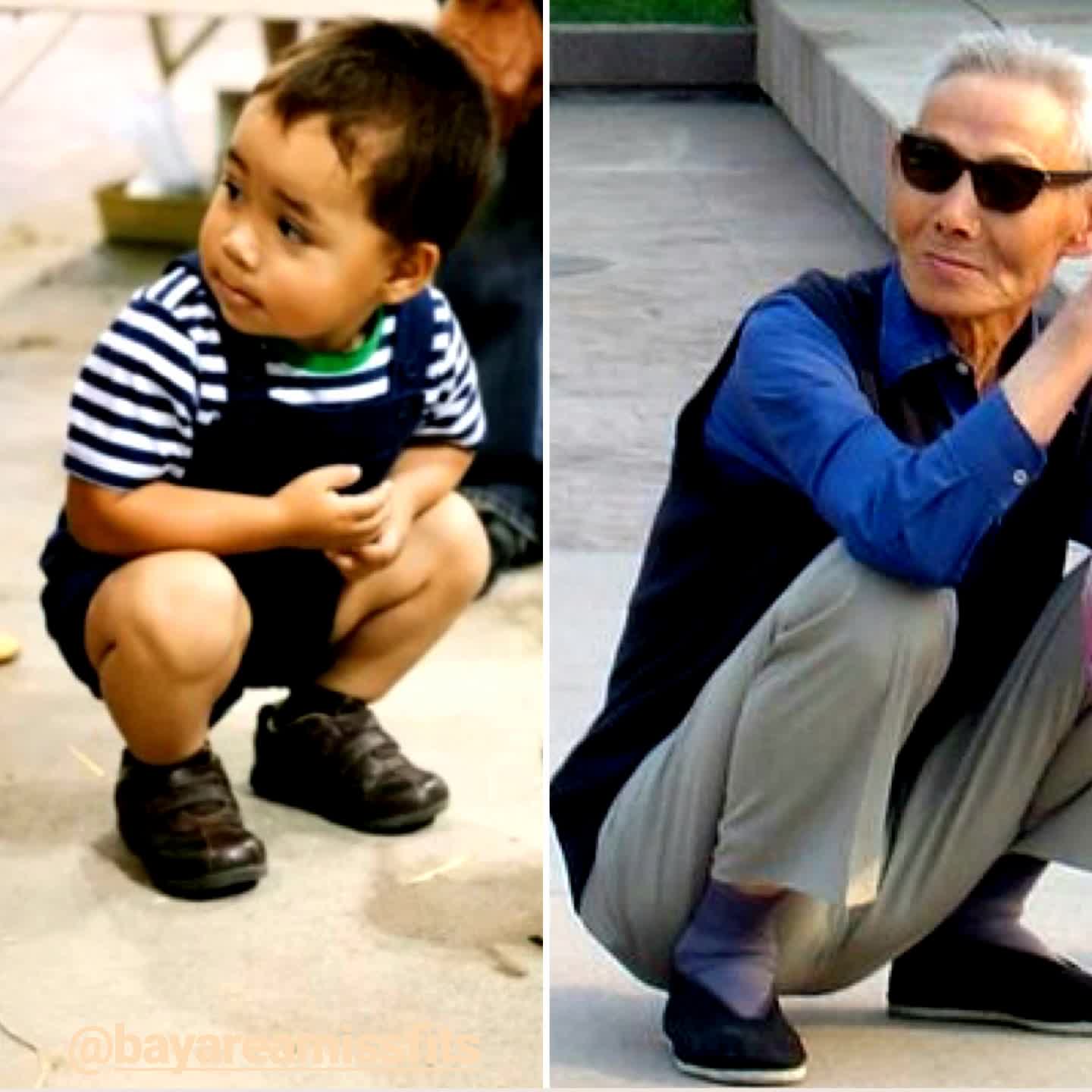Why DO we squat? How do we determine the BEST squat for OUR needs?

The ability to squat is a fundamental movement. It requires a balance of mobility and stability. It is both a static posture and a movement pattern that we see very early in human developmental. A toddler typically masters the art of squatting within three months of learning to walk. Pretty impressive, considering the amount of balance and coordination it requires.
In sports, squatting allows us to load the lower body to produce force quickly and explosively. We see football players in a static squat, set on the line, having dropped their center of mass to resist an opponent right before they explode at the snap. In sports such as basketball or volleyball squatting is frequently used to absorb force during landing. Can you imagine the bodily harm to an athlete if their knees remained locked out during a landing? Yikes!
But what if you’re not an athlete? Do you even need to squat? Short answer is YES! Some work environments require employees to perform tasks which include positions that require lowering and raising our bodies using the squat pattern. Carpenters, plumbers, childcare providers, furniture movers, delivery truck drivers, and firefighters all must be able to lower and raise their bodies often times while lifting additional objects and weight. Think of how many times a day you sit down and stand up. The height, weight, and angle may vary, depending on whether you’re in a chair, on a stool, or getting in and out of your car. But the movement pattern is indeed a squat. Stabilizing your body enough to descend and lower your center of mass is crucial to a functional active life.
What happens in the gym should NOT stay in the gym. That is to say, the squats in your workout program should be safe, relative, and effective based on YOUR functional needs. Choose a squat that effectively increases your functional strength and ability to do what YOU do in YOUR daily life. Whether it’s picking up young children, grocery bags, or laundry baskets, whatever it is that you do. Train for YOUR life so you can preserve this highly functional and necessary human ability.
Recent Comments